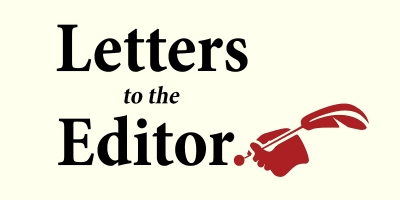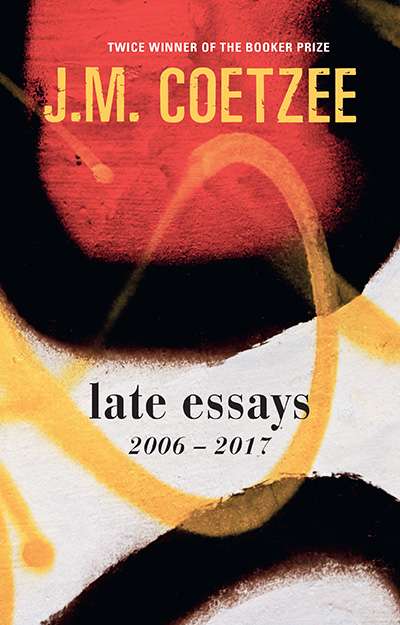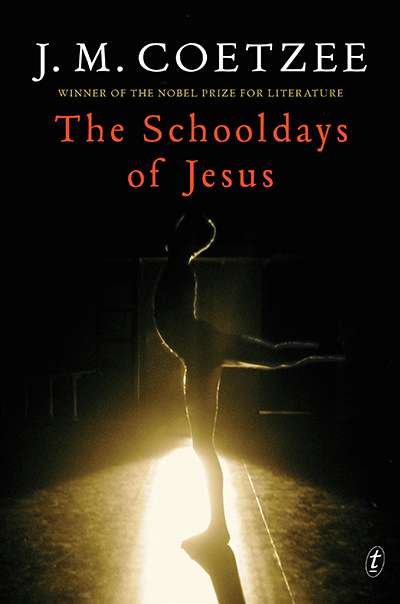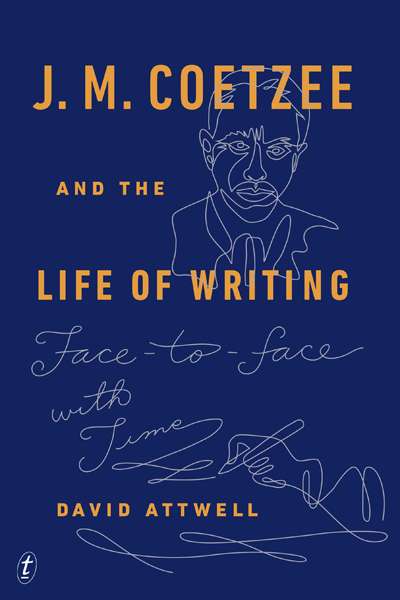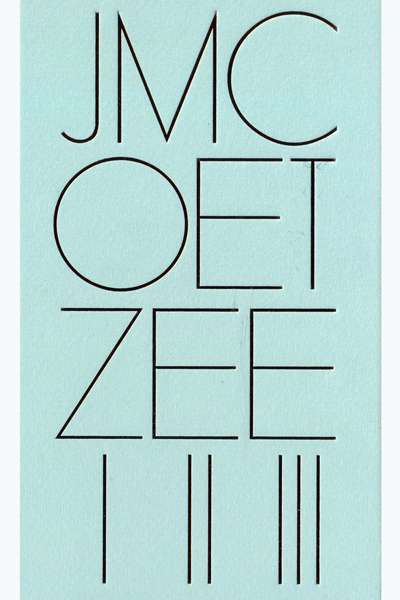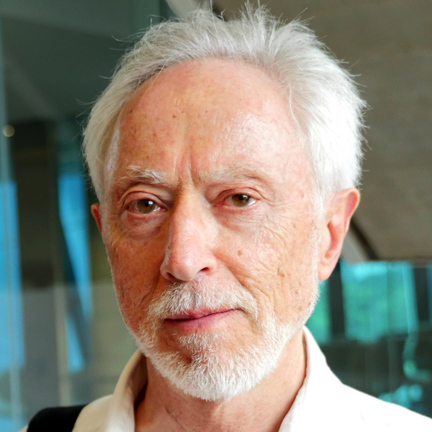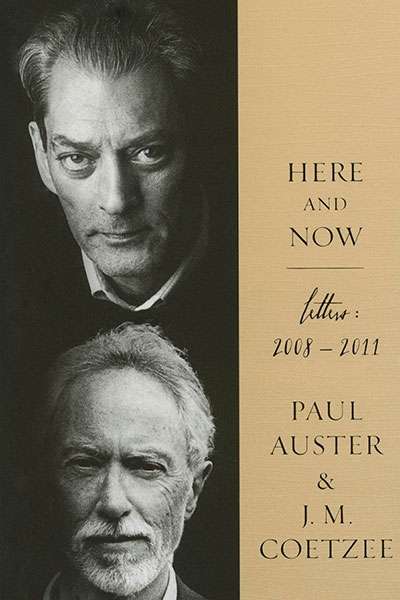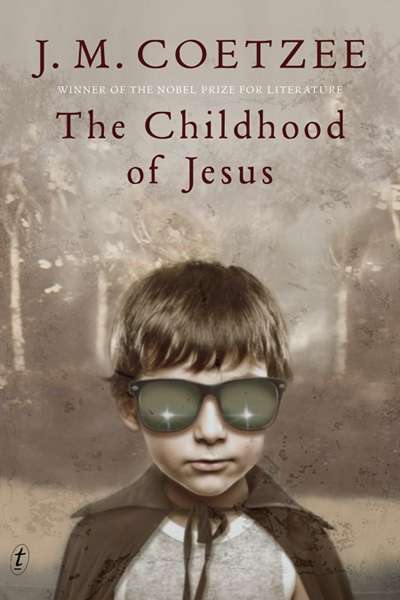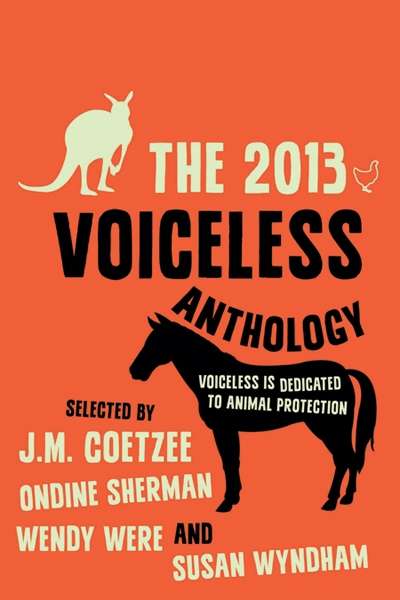JM Coetzee
Letters to the Editor: Reflections on Nam Le, David Malouf, J.M. Coetzee, and the true origin of the curate's egg ...
... (read more)Few authors summon the various modes of irony to better purpose than J.M. Coetzee. Typically, before Coetzee gives a reading, the audience can safely suppose that they are in for a good laugh, the odd squirm and cringe, and at least one moment of bewilderment. But there are exceptions to this general rule, and the several hundred people who gathered to hear Coetzee read last week, on a balmy Tuesday evening in Adelaide, were fortunate to witness an atypical performance by the Nobel laureate.
... (read more)Here and Now by Paul Auster and J.M. Coetzee & Distant Intimacy by Frederic Raphael and Joseph Epstein
by Miriam Cosic •
The Childhood of Jesus by J.M. Coetzee & The Round House by Louise Erdrich
by Morag Fraser •

